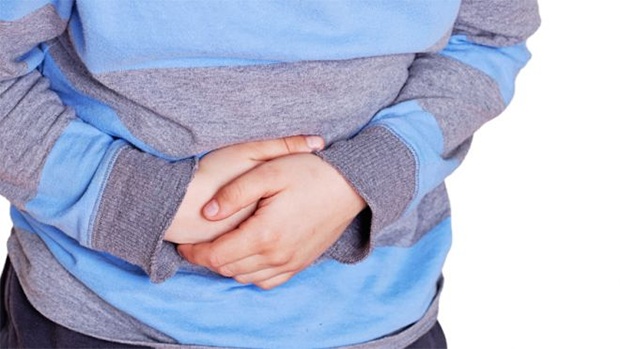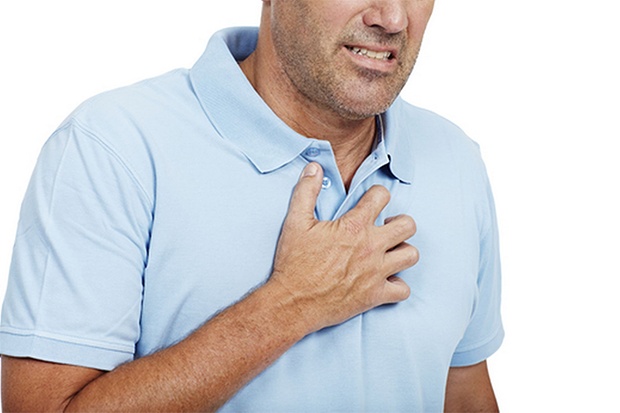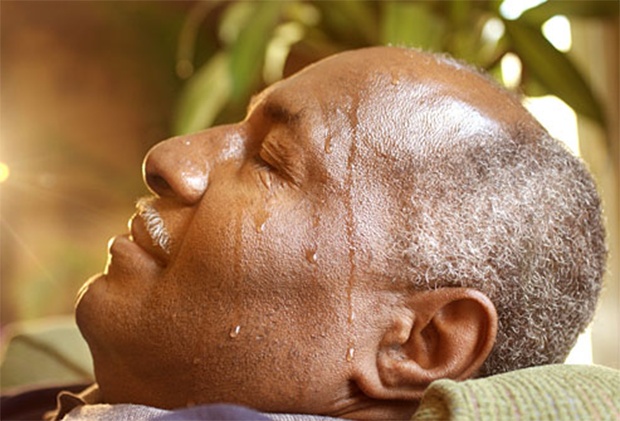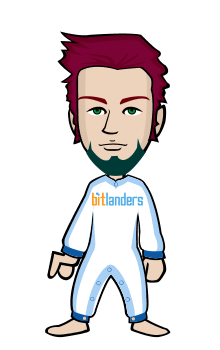How To Recognize A Heart Attack One Month Before It Happens
Cardiovascular disease, or CVD, is the most dangerous killer nowadays. It comes with no warning. Well, at least that is what you believe. Heart attacks have several common symptoms, but most sufferer are not aware of these. Not until it is too late.
What is even worse, there are patients who notice that something is wrong, but they tend to overlook the problem and leave it without any proper treatment. Being aware and not doing anything is like a suicide.
Here is a brief list of the most common signs and symptoms of heart attacks and heart disease. In this way you will be able to recognize any strange symptoms and treat them properly. Hopefully, these will help you save your life in time.
Dizziness and shortness of breath
Dizziness and shortness of breath If you are not asthmatic or if you are not dealing with chronic obstructive pulmonary disease, your inability to catch breath may indicate only a few things, and heart attack is one of them. Dizziness is also a common symptom of heart attack and cardiovascular ailments, especially when it is accompanied with shortness of breath.

Constantly sick
Being constantly sick Heart attack if usually announced through vomiting, stomach ache, indigestion or a general feeling of sickness.

Chest pain
Chest pain is also a common symptom, and luckily most people are aware of its meaning. It may be triggered by various factors, including muscle cramping, lack of vitamins and minerals, pulmonary diseases and other the like. Medical experts explain that the pain that leads to a heart attack is usually located right under the breast bone, or slightly in the left side of the center.

Unusual ache
Unusual ache (i.e. neck pain) Similar to other medical conditions, an upcoming heart attack triggers pain in unrelated part in the body. It may start off at the very center of the chest, and then spread upwards the neck or the jaw. Some patients deal with severe and unbearable neck pain, and ache in the jaw.

Anxiety Believe it or not
Anxiety can indicate a heart disease. If your anxiety is accompanied with light-headedness and even dizziness, take special precautions because you might be dealing with a heart disease.

How To Recognize A Heart Attack One Month Before It Happens
(Source: naturalcuresandhomeremedies)
Read in Urdu
Cardiovascular disease, or CVD, is the most dangerous killer nowadays. It comes with no warning. Well, at least that is what you believe. Heart attacks have several common symptoms, but most sufferer are not aware of these. Not until it is too late.
What is even worse, there are patients who notice that something is wrong, but they tend to overlook the problem and leave it without any proper treatment. Being aware and not doing anything is like a suicide.
Here is a brief list of the most common signs and symptoms of heart attacks and heart disease. In this way you will be able to recognize any strange symptoms and treat them properly. Hopefully, these will help you save your life in time.
Dizziness and shortness of breath
Dizziness and shortness of breath If you are not asthmatic or if you are not dealing with chronic obstructive pulmonary disease, your inability to catch breath may indicate only a few things, and heart attack is one of them. Dizziness is also a common symptom of heart attack and cardiovascular ailments, especially when it is accompanied with shortness of breath.
Constantly sick
Being constantly sick Heart attack if usually announced through vomiting, stomach ache, indigestion or a general feeling of sickness.
Chest pain
Chest pain is also a common symptom, and luckily most people are aware of its meaning. It may be triggered by various factors, including muscle cramping, lack of vitamins and minerals, pulmonary diseases and other the like. Medical experts explain that the pain that leads to a heart attack is usually located right under the breast bone, or slightly in the left side of the center.
Unusual ache
Unusual ache (i.e. neck pain) Similar to other medical conditions, an upcoming heart attack triggers pain in unrelated part in the body. It may start off at the very center of the chest, and then spread upwards the neck or the jaw. Some patients deal with severe and unbearable neck pain, and ache in the jaw.
Anxiety Believe it or not
Anxiety can indicate a heart disease. If your anxiety is accompanied with light-headedness and even dizziness, take special precautions because you might be dealing with a heart disease.
Sick
Sick-like appearance Blood pressure drops significantly prior a heart attack, which is why most sufferers look pale and like they are about to faint.

Palpitation Irregular and fast heart
Palpitation Irregular and fast heart rate followed by shortness of breath, weakness, and dizziness may be a sign of a sudden heart attack. Sometimes this symptom is associated with arrhythmia and heart failure. Consider treating this condition, because when left untreated it may result in devastating healt problem.

Tiredness / Weakness
Tiredness / Weakness Also a common symptom of an upcoming heart attack. Experts from the British Heart Foundation explain that women are more likely to experience tiredness or weakness, or both, prior a heart attack.

Sweating Patients
Sweating Patients who have survived a heart attack remember being flooded in cold sweat before the attack had happened.




